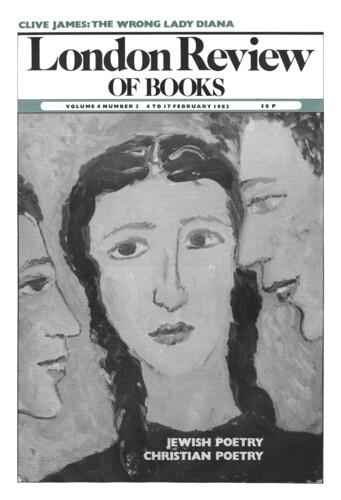Did Darwin get it right?
John Maynard Smith, 18 June 1981
I think I can see what is breaking down in evolutionary theory – the strict construction of the modern synthesis with its belief in pervasive adaptation, gradualism and extrapolation by smooth continuity from causes of change in local populations to major trends and transitions in the history of life.





